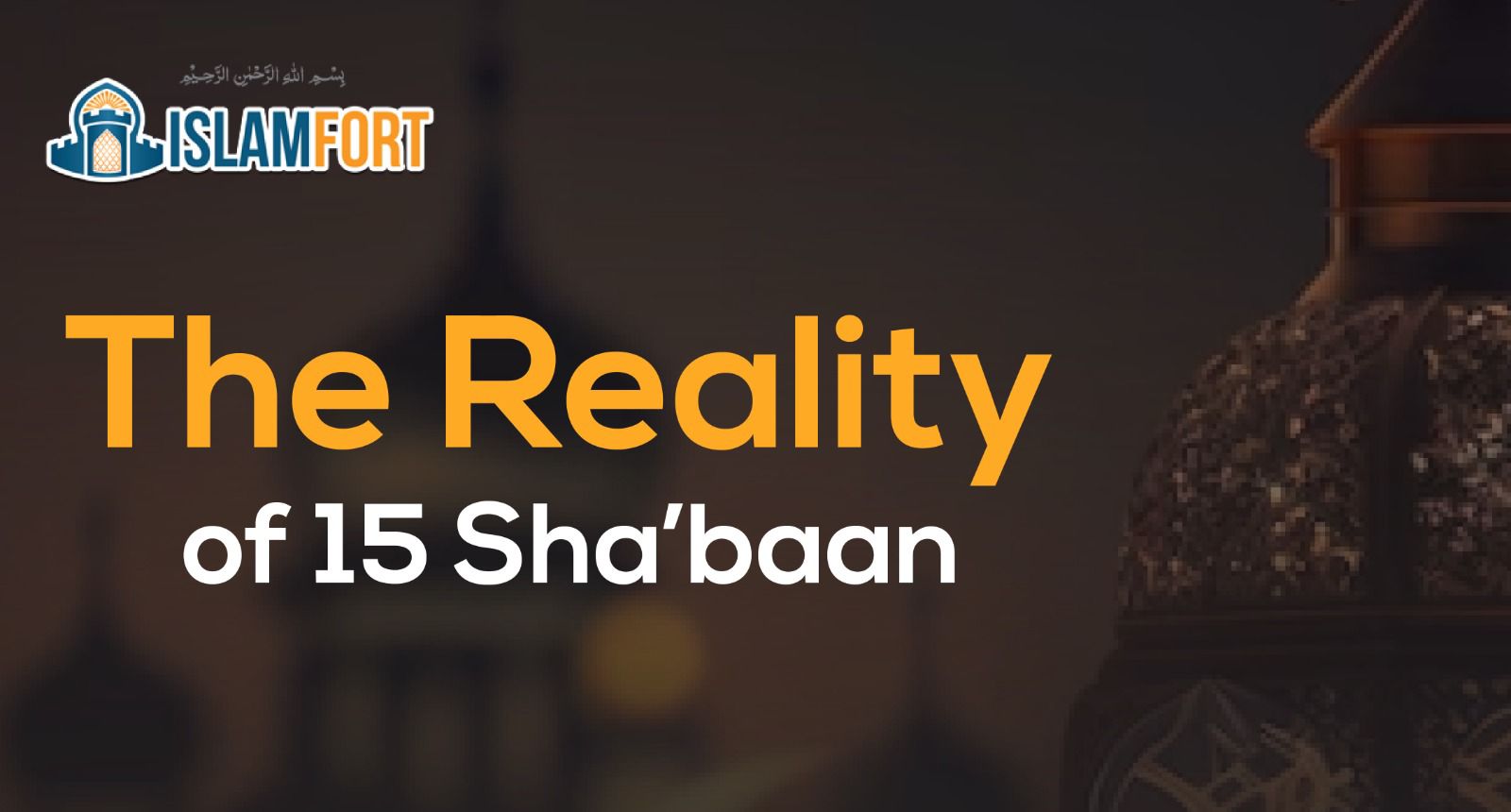The lighting of candles, lanterns or any other form of lights is not proven by Sunnah in Islam. Lighting is not worship by any means. The worshipping of fire is a practice of Zoroastrian (Majusi). Fire is what they worship and they keep it lighted for this reason. Hence, putting up any form of lights, lighting candles, lanterns or any such related activity is to imitate the Zorastrians. It is a desire to be like them.
The only place where decorating your house or building with lights where it is allowed is on a celebrated occasion such as a marriage as then it does not become a form of worship. It is an expression of happiness and joy.
It is not permissible to do so on any other occasion or place for the following reasons:
- It is not proven in the Shari’ah
- It is a practice of the Disbelievers (the Zoroastrian)
Such people are fire-worshippers. When we try to replicate their practice and bring it into our forms of worship, we are attempting to copy them. In the Shari’ah to imitate the Disbelievers is not acceptable. It is disliked in our Shari’ah to be like them in any way or form.
It was narrated in Sahih al-Bukhari (581) and Sahih Muslim (831) that:
“It is forbidden to pray after Fajr prayer until the sun has risen above the horizon to the height of a spear, at the time of noon when the sun is at its zenith, and after the time of ‘Asr until the sun is fully set.”
Why is it forbidden to offer prayer during those times? The reason is that at that time the Shaytan worships. When it is said ‘Shaytan’ worships, it implies those people who worship the sun offer prayers at this time. If we as Muslims pray, we will pray for Allah (عَزَّوَجَلَّ) but it is a resemblance to the Disbelievers and Shaytan.
Shar’iah does not approve of this resemblance and copying. This is why in a hadith we learn:
Ibn ’Umar (رَضِيَ ٱللَّٰهُ عَنْھَا) narrated that the Messenger of Allah (ﷺ) said:
من تشبه بقوم فهو منهم
“He who imitates any people (in their actions) is considered to be one of them.”
(Abu Dawud: 4031)
In another hadith, it is said:
Abu Musa Al-Ash’ari (May Allah be pleased with him) reported:
المرأ مع من أحب
The Prophet (ﷺ) said, “A person will be summoned with the one whom he loves”.
(Riyad as-Salihin: 368)
If this man loves Allah (عَزَّوَجَلَّ) and His Messenger ﷺ, Allah (عَزَّوَجَلَّ) will grant him the Prophet ﷺ’s company. If his love is for a certain individual whatever his beliefs are, then Allah (عَزَّوَجَلَّ) would make his end the same as the person whom he loves.
This is a very serious matter and needs to be considered. Candle lighting, lantern lighting, putting up lights of any kind for the sake of worship is not allowed by any means and nor is it proven.
Many people visit graveyards and light up candles or suchlike. This is the highest order of shirk (associating partners with Allah (عَزَّوَجَلَّ). To decorate the graves with rose petals and put across the graves layers of flowers is a matter of serious shirk.
It is not just one kind of shirk, rather it entails many layers of shirk. Let’s consider. Why are you lighting the candle? You are doing this to please the dead. Are you saying that the person lying in the grave is aware of your lighting of the candle? Are you saying that he is alive and can feel while he lies dead? That seems to be the underlying belief. Why do you want to please him? You light up the grave because you perceive this dead person to fulfill your desires for you.
At times, people promise the dead and say, “If a certain wish of ours is fulfilled, then we promise to light a candle on your grave.” This implies that the person stating this believes that the dead is able to fulfill the request.
The lighting of candles is not just a single act of shirk. It entails within it several kinds of shirk. It is a horrendous act and a horrendous type of shirk with regards to worship. It is not proven in Shari’ah and it is also an imitation of the Disbelievers and the sun-worshippers. By all means, we need to stay away from it.
Translated from the following lecture and to watch the lecture in Urdu:












